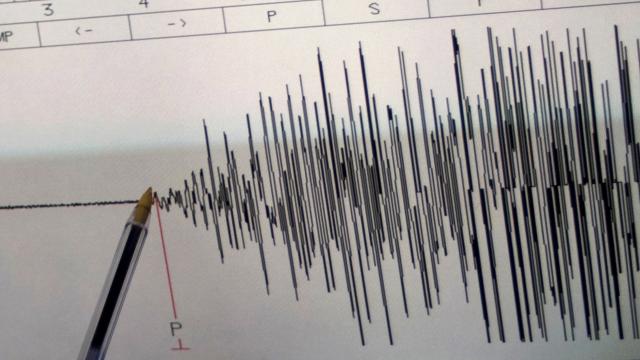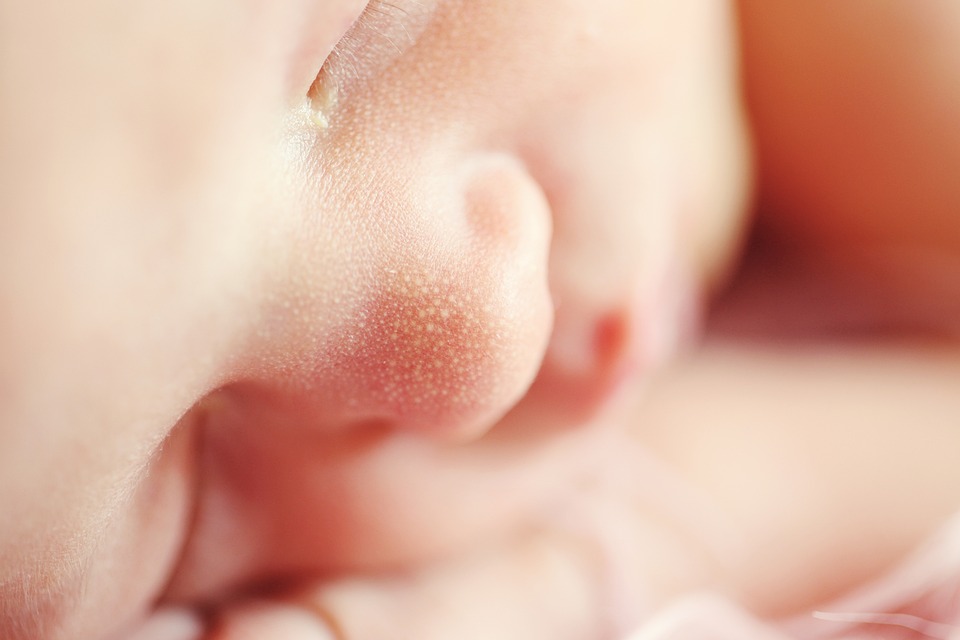Jacinda Ardern, who became the world’s youngest female prime minister in 2017 when she won the elections, announced that she will leave office next month.
Ardern, the leader of the New Zealand Labor Party, said in a statement today that she will step down on February 7, saying she “no longer has enough power to govern the country”.
During her two terms in office, Ardern has been the target of criticism as well as acclaim for her stance on challenging events such as terrorist attacks, the volcano disaster and the Covid-19 outbreak.
From DJ to prime minister
Born on July 26, 1980 in Hamilton, New Zealand, Ardern got an early start in politics.
At the age of 17, Ardern joined the New Zealand Labor Party and after completing her studies in communications at the University of Waikato, she went to London, the capital of the United Kingdom in 2005. There she worked on the team of former Labor Prime Minister Tony Blair, who took office in 1997.
Ardern, who was also part of the team of Helen Clark, the former leader of New Zealand elected in 2008, also worked as a DJ at different festivals before becoming the leader of her country.
Became leader at 37
Ardern, who took the helm of the country at the age of 37 in the October 2017 elections, faced her first tough test in the March 2019 attacks on two mosques in Christchurch in which 51 people were killed and 49 wounded.
Brenton Harrison Tarrant, 28, was stopped and captured by police as he drove to attack a third mosque.
Tarrant, who made news by broadcasting his attacks on mosques live on Facebook, was sentenced to life imprisonment without parole in August 2020. This was the first such sentence in the country.
Christchurch attacks
Ardern, who openly described the incident as a “terrorist attack”, won praise from the international community by visiting Muslims in the country and consoling those who lost loved ones in the attack. Ardern also drew attention by attending the funerals wearing a headscarf.
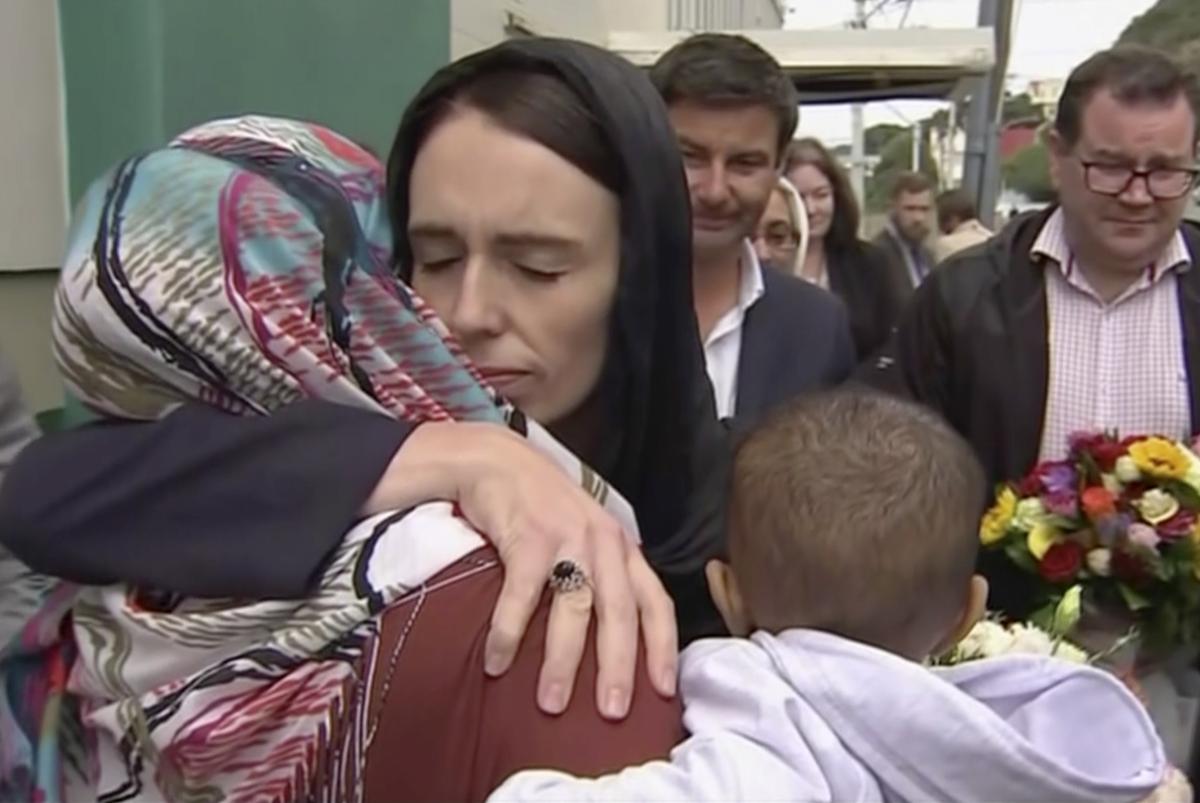
The New Zealand leader has also taken legal steps to ban the sale of all semi-automatic rifles and pistols in the country.
In December 2019, the country was shaken by a volcanic eruption on Whakaari, also known as White Island. In the disaster, 22 of the 47 tourists on the island lost their lives. Among the dead were Australians, US citizens and a German tourist.
Ardern said, “The dimensions of the tragedy are devastating,” and ordered a detailed investigation into the incident.
The fact that tourism companies organized flights to the island despite the earthquake in Whakaari before the explosion and the alarm level was raised created controversy in the country. In the investigation, the owners of the privately owned island and 10 organizations, including government departments, were fined.
Stronger in the second elections
In the October 17, 2020 general election, Ardern’s Labor Party increased its number of seats in the 120-seat parliament from 46 to 65. Her conservative rival, the New Zealand National Party, fell from 56 to 33 seats.
The Labor Party, which received 36.89 percent of the vote in the 2017 elections, increased its share of the vote to 50 percent in 2020, while the National Party’s share of the vote fell from 44.45 percent in 2017 to 25.58 percent.
Targeted by pandemic protests
On February 28, 2020, New Zealand was alerted when the first case of Covid-19 was detected.
Ardern acted quickly, closing her country’s borders and imposing lockdowns. After two months of isolation measures, she tried to keep the pandemic under control with gradual isolation practices.
During this period, opponents of vaccines and masks also organized protests in the country. During the anti-government protests in February 2022, protesters set up a “Freedom Camp” in the area in front of the parliament building.
Inspired by the “Freedom Convoy” organized by anti-vaccine truckers in the Canadian capital Ottawa during the same period, demonstrators also blocked roads in the capital Wellington.
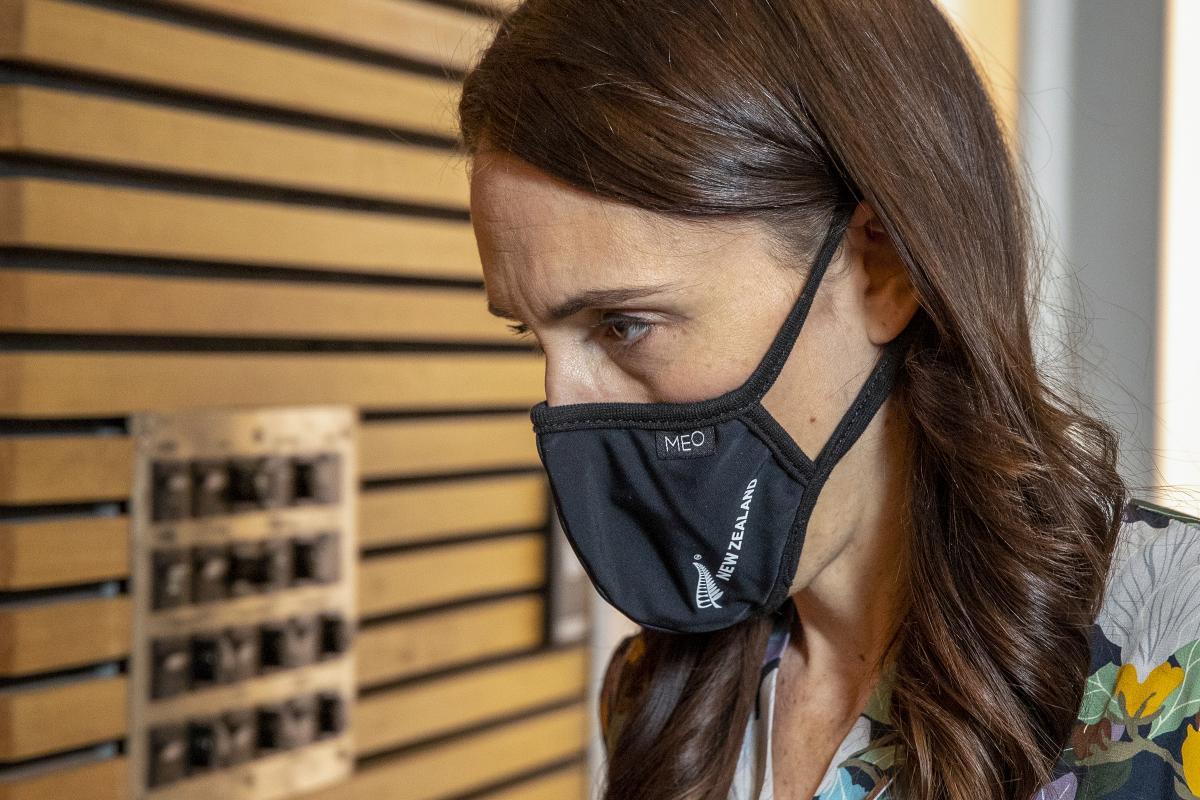
Ardern accused the protesters of “intimidating and harassing” the public, while the police’s harsh intervention against the demonstrators was also on the agenda. Security forces later dispersed the camp and ended the protests.
On the other hand, Ardern also received praise from the international community for the rapid implementation of pandemic measures.
While mandatory mask and vaccination practices were abolished in September 2022, according to the data updated weekly by the Ministry of Health, a total of 2,437 people died due to Covid-19 as of January 16, 2023.
The total number of cases in the country, which has a population of about 5 million, is more than 2 million.
His curses sold at auction
During a parliamentary session on December 3, Ardern was heard calling David Seymour, leader of the right-wing ACT party, a “smug p**t” as she sat down after answering his questions.
The incident during the live broadcast went viral on social media and Ardern apologized to Seymour.
Later, the pair signed and auctioned a hard copy of the parliamentary recording that contained the expletive.
Sold for NZ$100,000, proceeds from the recording were donated to the country’s Prostate Cancer Foundation.
“Inspired women”
The US-based news agency Associated Press pointed out that Ardern is the second female leader to give birth while leading her country.
Announcing in 2018 that she was pregnant and would use maternity leave to hand over to then Deputy Prime Minister Winston Peters for six weeks, Ardern said, “I’m not the first woman to juggle multiple jobs. I am not the first woman to work and have children.”
Ardern also made headlines when she brought her three-month-old baby to the United Nations General Assembly in 2018 after giving birth.
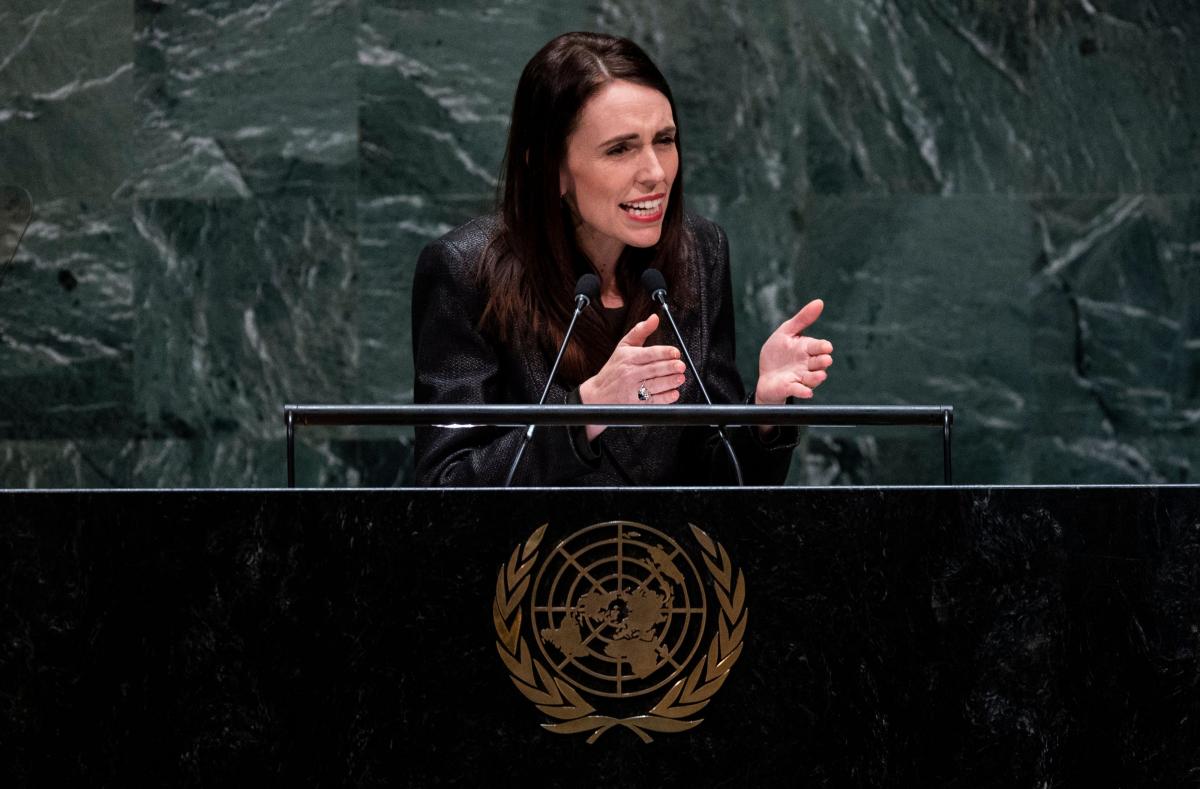
In his speech here, he said that he aims to work to make workplaces more open to women’s employment, and expressed his support for opportunities for young people and gender equality.
Decline in polls
The Ardern administration, which has recently faced criticism for failing to fulfill its election promises, has fallen in the polls.
The Ardern administration, which could not produce adequate solutions to the housing problem, which increased especially with the pandemic, lost power by failing to realize the requested changes in tax laws and failing to take the steps it promised against global warming.
Scheduled for October 14, different polls for the general elections showed that the Labor Party lost popularity against its rival National Party.
Who will be the new leader?
With Ardern’s resignation, the Labor Party will hold internal elections to determine the prime minister and party leader. So far, no party member has announced their candidacy.
Deputy Prime Minister Grant Robertson and Labor Party Vice President Kelvin Davis have announced that they will not run.
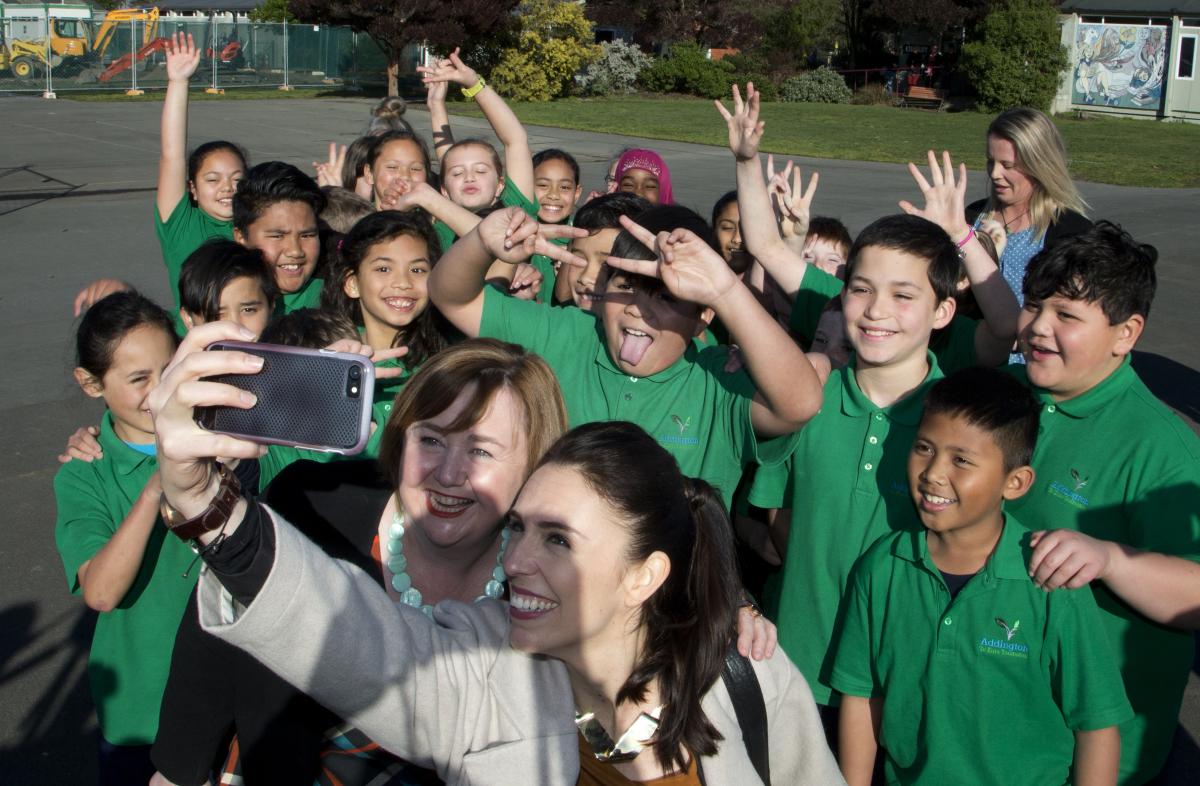
Education Minister Chris Hipkins, Immigration Minister Michael Wood, Housing Minister Megan Woods and Foreign Affairs Minister Nanaia Mahuta are among the candidates for the leadership.



